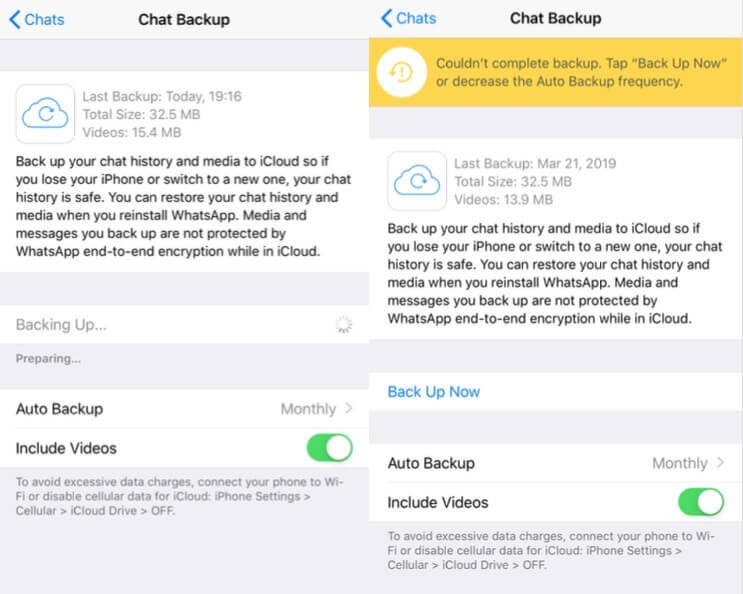We all know that the use of new technologies is becoming more frequent. Few people try to avoid them; many others, on the other hand, love and use them every day. We can compare the use of the Internet, WhatsApp, online games, etc. with the consumption of a substance. What does that mean, that the difference between use, abuse or dependence must be made.
In the case of WhatsApp it can be said that its irrational use or as a means to control others can cause us various personal, social and relational problems, below we give you some quick tips to make rational use of WhatsApp.
- 1.
- Sometimes we get used to society and our knowledge to receive immediate responses.
- If you do not respond immediately or do not respond.
- Do not jump to conclusions about what happened.
- This will only lead us to states of anguish and discomfort : “He read and did not answer me”.
- “He was online and could not tell me anything”.
- In some cases.
- You may be right.
- But in others you may be wrong.
- And there are certainly other explanations for the lack of an answer We are not in the other person’s mind and do not know if you may not have responded because you could not at that time.
- Also keep in mind that if you are the type that responds almost always immediately.
- The company will ask you if you don’t respond immediately or don’t respond.
- No problem.
- We have to learn to be patient.
- To recognize that not everyone is like us and that things don’t always go as planned.
2. – Think that everyone has the right to answer you or not, to write to you before or to answer you later, and you may even have the reasons why you do not answer. Write when you consider it “opportunistic”, but keep in mind that “timely” does not mean the same thing to everyone. It is important that we learn to respect each other and to respect the behavior of others. We all have affirmative rights such as not giving explanations, not justifying ourselves, not answering, saying no, etc. You have rights and others too.
3. Try using WhatsApp at certain times and, most importantly, avoid it at other times. While you sleep, eat, work, etc. , it would be advisable to keep it quiet (if possible) or not use it. Don’t let it interfere with your daily activities.
4. Be careful when looking at and controlling others. This can become a test and an obsession and therefore trigger personal problems. See if you’re online, if you’re connected at the same time as someone else, when was the last time Does all this generate nothing but control, insecurity, discomfort, anxiety?
5. Never argue by Whatsapp. This is something that is repeated a lot in this society, but think that through this means of communication, the nonverbal part, such as gestures, gaze, posture, etc. , and paraverbal communication, which is all that is related to the voice, is not perceived as it would be if you were in front of the other person , so many misunderstandings can occur, if we consider that nonverbal communication represents 55% of communication, paraverbal communication 38% and verbal communication (what we say) represents 7%, this means that through these messages we lose not so much what is said, but how we say it.
6. Take the time to talk to the people you are with, not the people you are not with, if you are already with your friends and family, do not continue to use this medium and forget that there are people with you, it is better to leave it at another time.
Finally, a well-known phrase that speaks specifically of new technologies: “New technologies bring us closer to those who are far away and those who are close. “
That said, keep in mind that WhatsApp, like other apps, has a silver lining. If used well, it is a powerful tool that can help us a lot in communicating with others.
We can enjoy it, but let’s not forget people, presence and the physical and, most importantly, let’s not forget the consequences that this type of messaging service can bring us.

